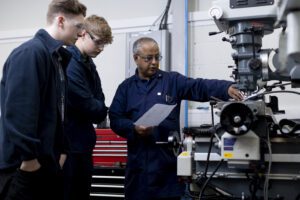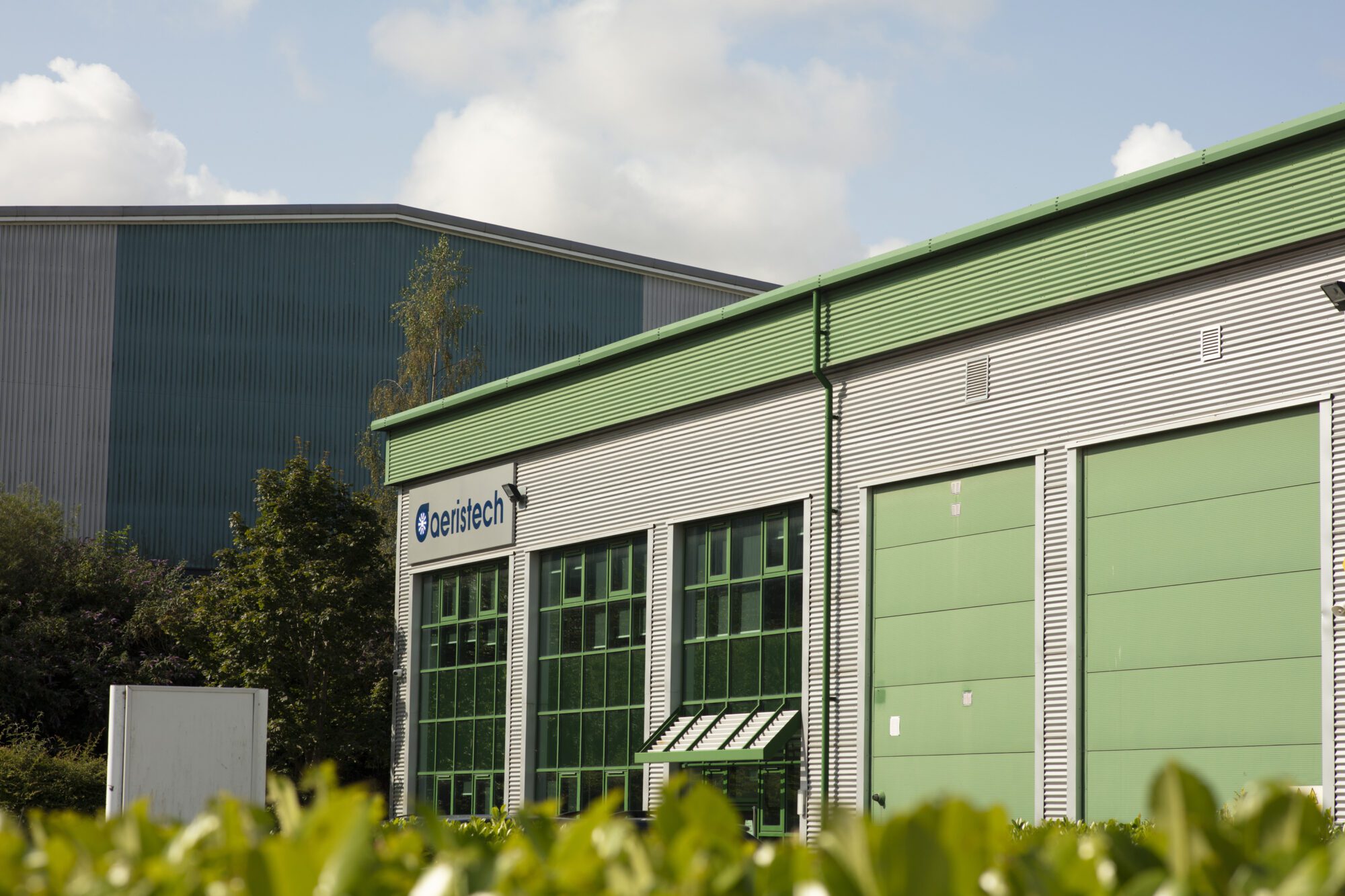In the 21st century, it’s not enough to lead with technology alone, if industries in the manufacturing and engineering sectors want to truly contribute towards the energy revolution, it needs to have a sustainable approach.
The global transportation sector in 2021 is said to have produced more than seven billion metric tonnes of CO2, which begs the question – what can the industry do differently?
One of the most promising answers to the question so far is the emergence of hydrogen fuel cell systems or H2FCs for short. Hydrogen has emerged as a much cleaner and greener alternative to traditional ways of energy generation. These H2FC systems combine hydrogen with oxygen (squeezed into the system through quality compression) to generate electricity. Many efforts have been made to steer the transition of the transportation industry towards adopting hydrogen as its core energy resource.
UK’s Aeristech is an example of how companies across the globe can dedicate their manufacturing and engineering efforts towards energy’s sustainable future. In early 2023, Aeristech announced its partnership on project HEIDI, a £12.7m part government funded project that is looking at revolutionising London’s iconic red buses with clean hydrogen. It’s an innovative solution to provide a sustainable and eco-friendly alternative to conventional energy sources, including EVs, that end up being difficult to manage due to limited access to investment and infrastructure.
The firm is partnering with a UK consortium to retrofit H2FC systems in public transport across the country, starting in London, to turn the government’s NetZero by 2025 vision into reality. Aeristech’s involvement in HEIDI is through the design and development of high-performance oil-free, power dense and pressure-ratio-specific compressors that can support the hydrogen fuel cell system’s power efficiently.
We’re continuously striving to decarbonise energy production and are currently working across multiple sectors like aerospace, heavy-duty vehicles, and public transportation systems to introduce hydrogen as a carbon-free alternative. In 2022 alone, UK has been a 16% contributor in the CO2 emissions across the world, with emissions as high as 53.7 Mt. Our oil-free compressor technology is helping to eliminate the release of carbon in the entire cycle altogether, enabling ‘climate justice’ in its true essence.
This paradigm shift in the transportation industry holds the potential to reshape urban mobility and contribute to a more sustainable and resilient future. H2FCs go a step beyond reducing carbon emissions or increasing efficiency; they’re helping in setting the stage for more environmentally responsible transportation solutions.
Coming back to the question posed at the very beginning – what can the industry do differently? Embracing a circular economy model is the next best bet in driving the manufacturing and engineering industries forward. This entails designing and developing products with recycling and reusability in mind. Manufacturers need to develop components that are easier to disassemble and recycle, reducing waste and conserving resources. Engineering firms need to focus on bringing forth innovations like H2FCs that can be retrofitted on existing infrastructure rather than necessitating the need to build them new.

To truly make a difference, it’s also important to have all hands on deck. Collaborations with significant stakeholders, policymakers and strategic partners are key in driving the world towards a cleaner and greener future. Sharing knowledge and best practices can accelerate the adoption of sustainable technologies, helping in making the best use of available resources.
Lastly, it’s equally necessary to continue educating consumers in the industry, about the environmental impact of their choices. It is consumers, after all, who dominate the relationship between demand and supply. Encouraging them to make environmentally conscious choices when purchasing vehicles and machinery can drive market demand for sustainable products and technologies, incentivising manufacturers to prioritise sustainability.
We stand at the cusp of this pivotal era where technology and sustainability go hand in hand. The world relies on the manufacturing and engineering sectors’ ability to marry technological innovation with environmental responsibility for a sustainable future. As we navigate the challenges of the 21st century, the fusion of technology, environmental consciousness, and sustainable practices will not only reshape industries but also redefine our relationship with the planet. The question no longer centres solely on what industries can do differently; it’s now a collective imperative to drive positive change, safeguarding our planet for generations to come.
Innovation without sustainability at its core is like a ship without a rudder; it may move forward, but it won’t chart a course to a better world. At Aeristech, we’re not just dreaming of a cleaner, greener future – we’re engineering it.
Find out more about Aeristech at www.aeristech.co.uk

